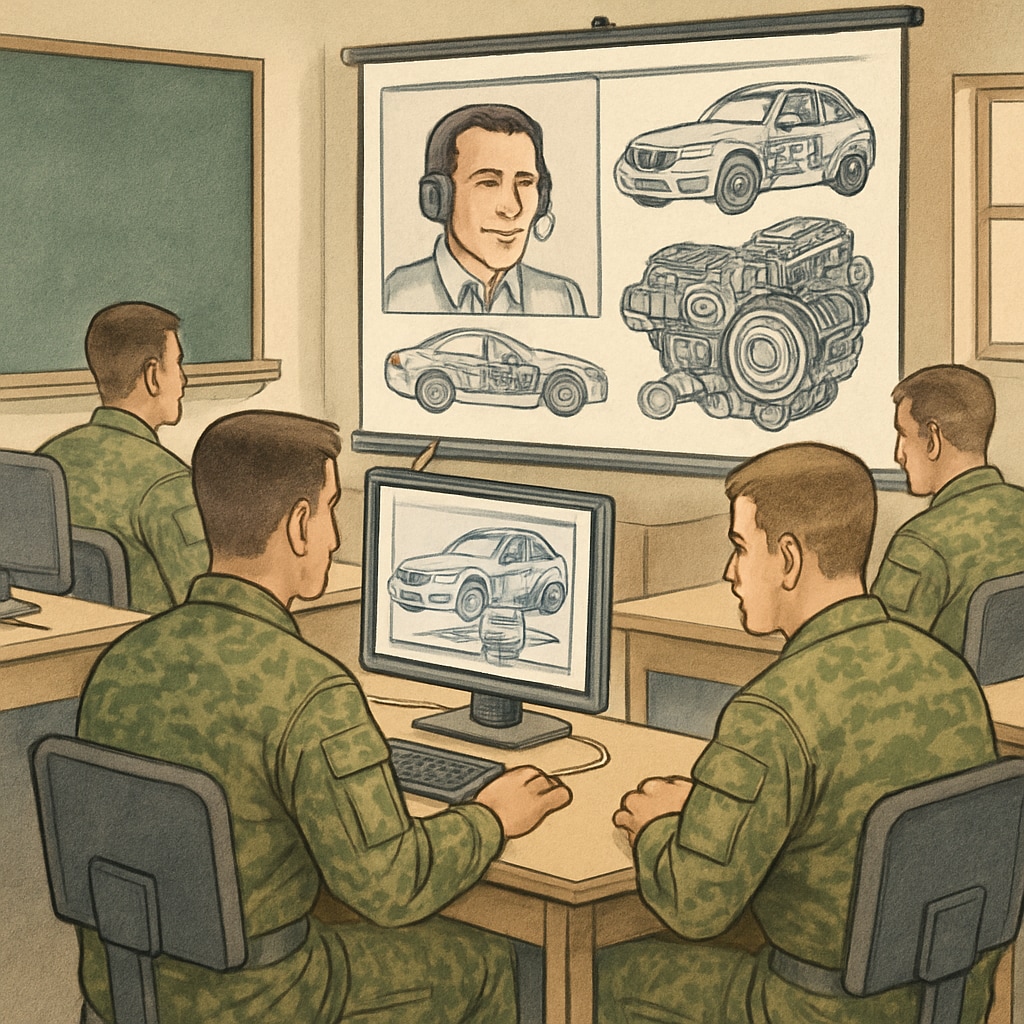For military personnel pursuing higher education, transforming an associate degree in automotive technology into a bachelor’s degree is a viable pathway to enhance career prospects and expertise. This process involves understanding credit transfer systems, accessing military-friendly educational programs, and balancing career demands with academic goals. By leveraging available resources, military professionals can successfully advance their education and career in automotive technology.
The Value of a Bachelor’s Degree in Automotive Technology
Obtaining a bachelor’s degree in automotive technology builds upon the foundational skills gained in an associate program, offering deeper technical knowledge and management training. For military personnel, this degree not only opens doors to leadership roles in automotive industries but also aligns with skills honed during service, such as problem-solving, discipline, and teamwork. In addition, the degree often includes courses in emerging automotive technologies, electric vehicles, and advanced diagnostics, which are in high demand in today’s market.

Transferring Credits: Making the Most of Prior Education
One of the most significant advantages for military personnel is the ability to transfer credits from an associate degree in automotive technology toward a bachelor’s program. Institutions often evaluate prior coursework, military training, and certifications to determine eligibility for credit transfer. This process can save time and reduce the overall cost of earning a bachelor’s degree.
- Military Training Credits: Skills acquired during service, such as mechanical repair or logistics, may translate into academic credits.
- Articulation Agreements: Some colleges have agreements with military-friendly institutions to ensure seamless credit transfer.
- Academic Advising: Working with an advisor can help map out a clear pathway for completing degree requirements efficiently.
For more details on credit transfer systems, check out this comprehensive guide on Britannica.
Finding Military-Friendly Educational Programs
Many universities offer programs specifically tailored to military personnel. These programs often include flexible scheduling, online learning options, and support services to accommodate the unique needs of service members. Key features to look for in a military-friendly program include:
- Reduced Tuition Costs: Many institutions offer discounts or accept GI Bill benefits.
- Dedicated Support Services: Military liaisons and veteran services offices can assist with academic and personal challenges.
- Flexible Study Options: Hybrid and online courses allow students to balance military duties with academic requirements.

Balancing Military Responsibilities and Academic Goals
For active-duty service members, balancing military responsibilities with academic pursuits can be challenging. However, with the right strategies, it is possible to succeed in both areas:
- Time Management: Use tools such as digital planners to schedule study sessions around work commitments.
- Leverage Community Support: Engage with classmates, professors, and military peers for guidance and encouragement.
- Utilize Military Education Benefits: Programs like the Tuition Assistance Program (TAP) and the GI Bill can cover tuition and related expenses.
For additional tips on balancing work and education, visit this Wikipedia article on work-life balance.
Conclusion: Your Pathway to Success
Transitioning from an associate degree in automotive technology to a bachelor’s degree is a significant step for military personnel seeking to advance their education and career. By understanding credit transfer processes, enrolling in military-friendly programs, and effectively managing time and resources, military professionals can achieve academic success while preparing for leadership roles in the automotive industry. The journey from military service to higher education is challenging but rewarding, paving the way for a brighter future.


